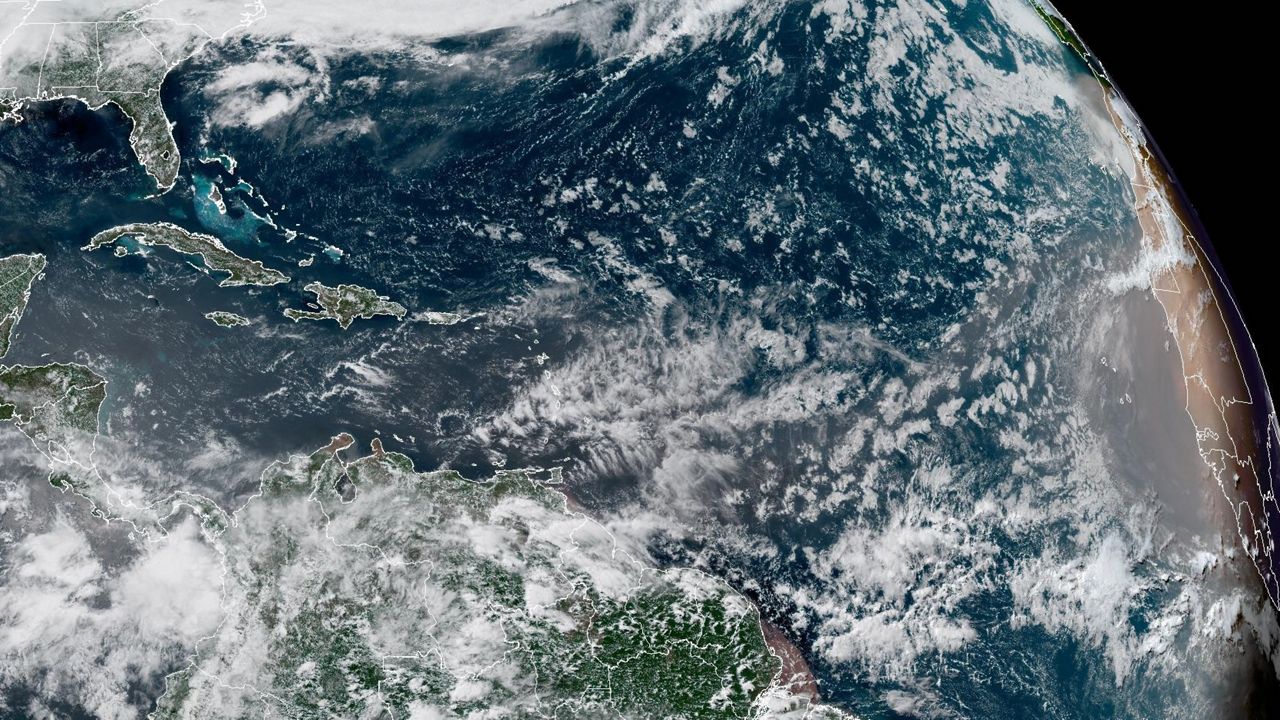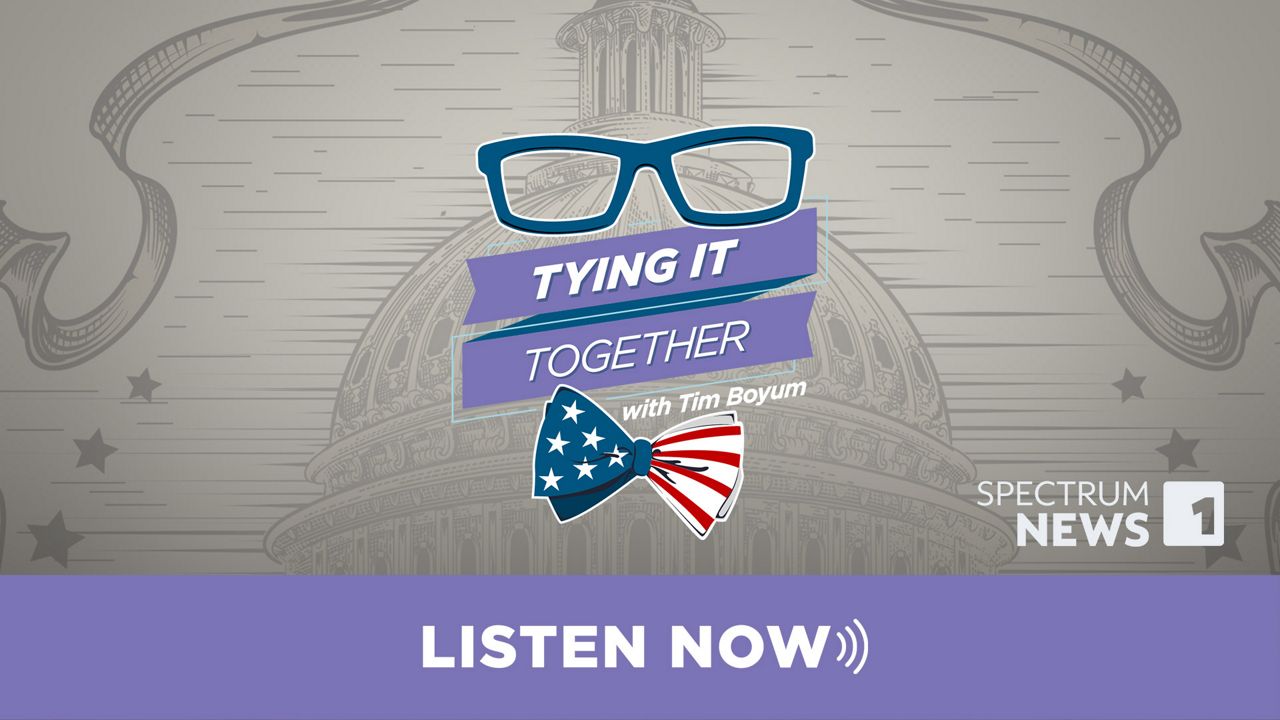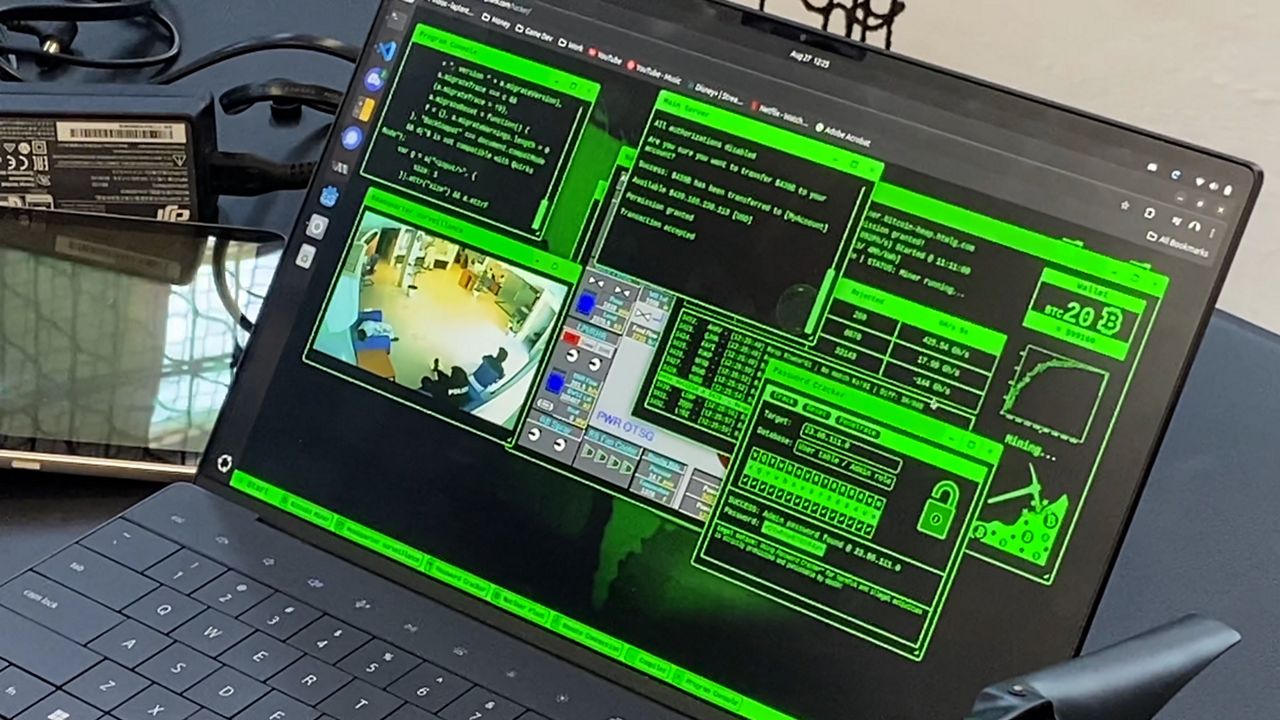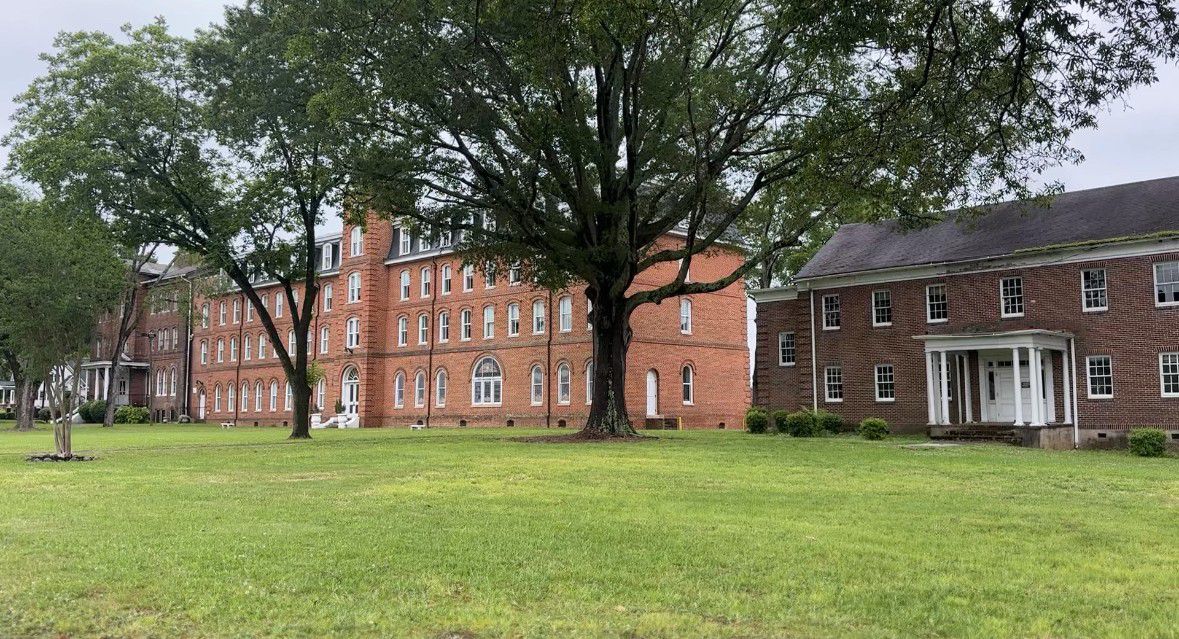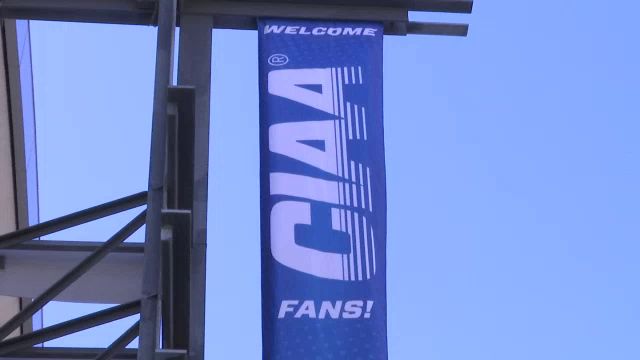CHARLOTTE, N.C. — Millions of students across the country rely on financial aid to attend college.
According to BestColleges, in 2022-23, about 85% of full-time, first-year undergraduate students benefited from financial aid, which includes student loans, work-study programs, scholarships and grants.
The organization says most of the awards provided in the 2022 academic year were for federal grants.
Recent proposals from the White House are sparking questions about the future for some of that federal money.
President Donald Trump's administration recently released a fiscal year 2026 budget proposal, also referred to as a "Skinny Budget.”
The plan aims to cut billions from federal agencies, including the U.S. Department of Education. The proposal aims to reduce or eliminate funding for some financial aid services like the Federal Work-Study program and the Federal Supplemental Educational Opportunity Grant.
“At this critical moment, we need a historic Budget — one that ends the funding of our decline, puts Americans first, and delivers unprecedented support to our military and homeland security. The President’s Budget does all of that,” said Russ Vought, director of the Office of Management and Budget in a press statement.
The budget proposal follows the president signing an executive order in March, instructing the education secretary to take steps toward dismantling the Education Department altogether. The signing happened days after nearly half of the department's workforce was laid off.
Trump also proposed shifting the education agency's oversight of student loans to the Small Business Administration.
Supporters say these changes could empower states to meet educational needs.
But they have raised concerns about the future and reliability of federal aid options for students who need it most.
Anthony Davis, president for Livingstone College, a historically Black college in Salisbury, said around 97% of his college's students depend on financial aid.
He’s concerned about how changes in the Department of Education could affect students.
“When you think about dismantling the department and looking at how this might impact us, it will definitely challenge the population I serve. These are some tough times, and this is some tricky terrain.”“If 97% of my students require financial aid, that’s most of my budget because most of my students can’t afford to pay out of pocket,” Davis said. “When you think about dismantling the department and looking at how this might impact us, it will definitely challenge the population I serve. These are some tough times, and this is some tricky terrain.”
Davis said the college is exploring ways to diversify revenue streams, so students and families aren't dependent on federal funds.
"How do I employ some of our assets to help us navigate these challenging times?" Davis said. "These are some of the things I’m looking at.”
“We’re going to keep the faith and, more importantly, we’re going to keep fighting. This college is making sure we do everything possible that their educational pursuits will not be interrupted,” he said.
Kamari Scales is an English and education major at Livingstone.
Scales said without financial aid, it would’ve been hard to afford a higher education.
"I did not originally have the funds to come to school,” Scales said. “My dad was helping me out, but he's a teacher as well, and we were both scrambling.”
But Scales received an email from Livingstone that opened the academic door she needed.
"I got the email from Livingstone that I had been offered the scholarship,” she said. “I’m a presidential scholar, on a full-ride scholarship. I knew I had to take this opportunity to do what was best for me and everybody else that I will impact once I get my degree."
Scales is concerned about seeing steps taken to dismantle the Department of Education.
“Just not entirely sure how everything is going to play out, just that sort of worry of not knowing the future,” Scales said.
She hopes leaders continue supporting students with financial aid.
"No one should be denied an education or have any roadblocks or obstacles that would prevent them from getting a proper, equal, fair education," she said. "Getting an education is powerful.”






